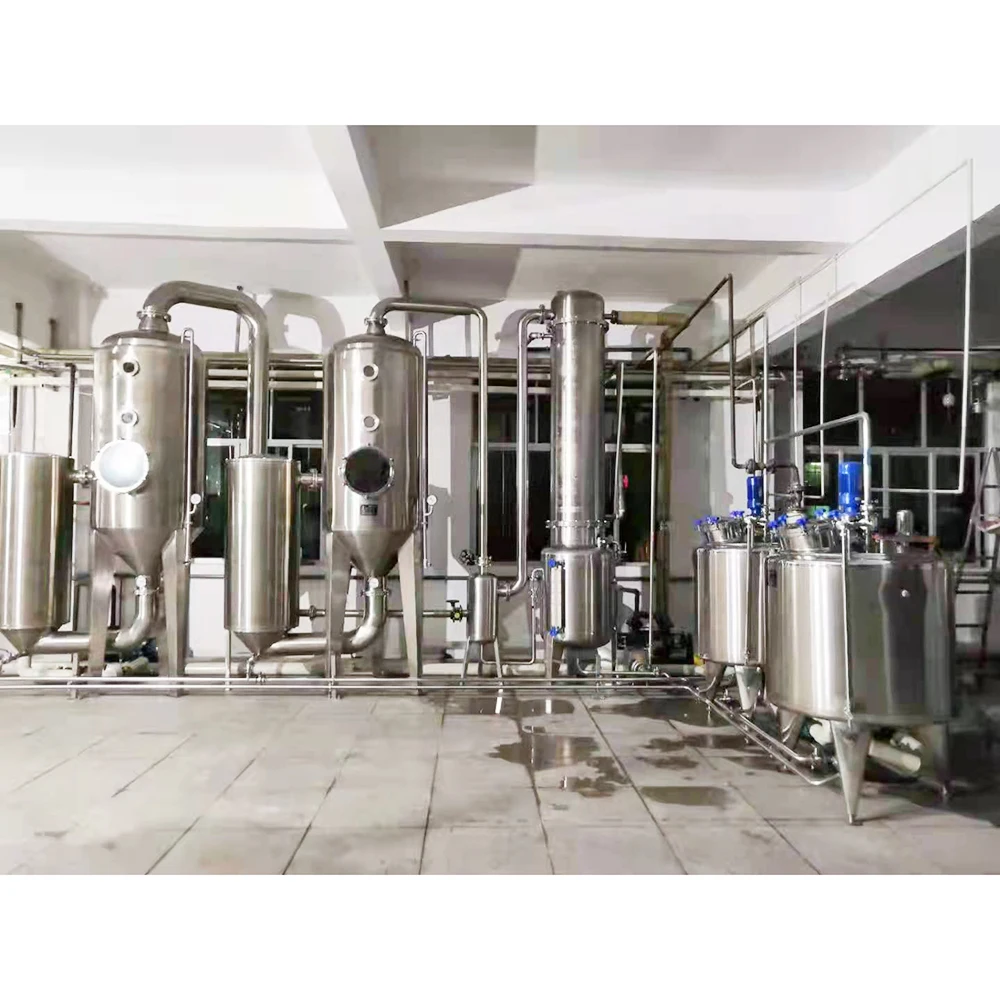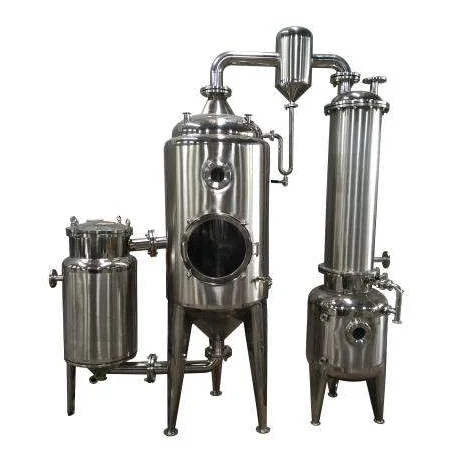ABOUT
Wenzhou Vince Machinery Science Co., Ltd. was established in early 1980s. Our company covers an area of 6500 square meters and is an independent legal representative firm, possessing rich economic technology strength. Our company is a high tech enterprise and plays an important role in national dairy, foodstuff, pharmacy and machinery industries. We are a beverage machinery supplier.
Since the establishment, our company has mainly engaged in dairy products, foodstuff, beverage machinery, bean products, yellow wine, medicines and fermentation projects. What's more, our company supplies a complete sequence services in manufacturing, installation, test and personnel train, as well as the whole direction service design and consulting service on product project construction or enlargement artistic distribution engineering sets budget.
The Essence of Craft Brewing The Mashing Tank's Role
The craft beer revolution has swept the globe, with brewers pushing boundaries and experimenting with flavors like never before. But at the heart of every great craft brew lies a process that's as ancient as it is essential: mashing. The mashing tank, a seemingly simple vessel, plays a pivotal role in transforming raw grains into the sweet, fermentable liquid that ultimately becomes your favorite craft beer.
The Alchemy of Mashing
Imagine a large, stainless steel tank, filled with crushed barley (or other grains) and hot water. This is the mashing tank, where the magic begins. The heat breaks down the starches in the grains, releasing sugars that are crucial for fermentation. This process, known as enzymatic hydrolysis, is controlled by enzymes naturally present in the grains. The brewer carefully adjusts the temperature and time to ensure the optimal breakdown of starches, influencing the beer's final character.
From Grain to Wort
The result of this controlled enzymatic reaction is a sweet liquid called "wort." This wort, rich in sugars and other essential nutrients, will be the foundation of the beer. Once the mashing process is complete, the wort is drained from the tank and transferred to the boil kettle, where it will be further prepared for fermentation.
Temperature and Time: The Mashing Parameters
The temperature and duration of the mashing process are crucial. Different temperatures activate different enzymes, leading to varying levels of sugar extraction and ultimately impacting the beer's style. For example, a higher mash temperature will produce a beer with a lower gravity (less sweetness), while a lower temperature will result in a higher gravity beer. The brewer carefully manipulates these parameters to achieve their desired flavor profile and style.
A Foundation for Flavor
Beyond its role in sugar extraction, the mashing process also influences the beer's aroma and mouthfeel. The breakdown of proteins during the mashing process, for example, contributes to head retention and body. The brewer's choice of grain, mashing temperatures, and time all play a role in shaping the beer's final characteristics.
The mashing tank may seem like an unassuming piece of equipment, but it plays a pivotal role in the craft brewing process. It is within this seemingly ordinary vessel that the essence of a great beer is born, transforming simple grains into the complex and delicious liquid that we know and love.
SUBSCRIBE
INQUIRY




